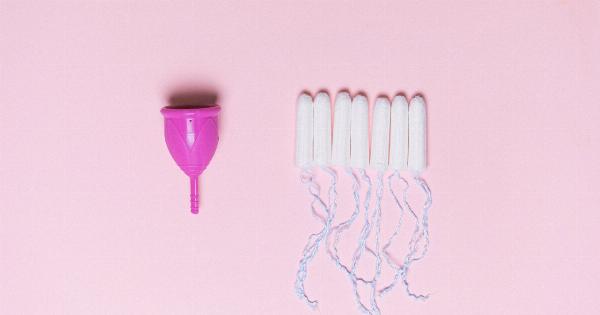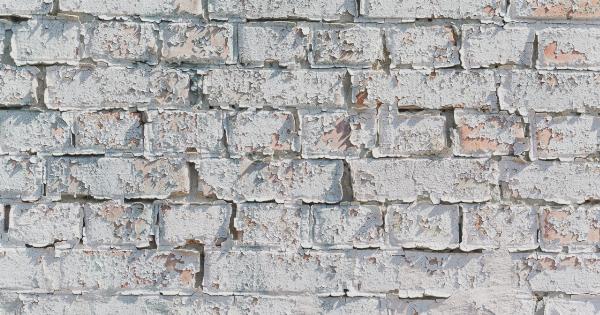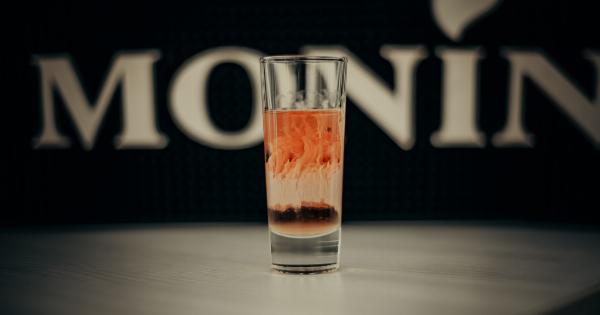Menstrual bloating is a common symptom that affects many women during their menstrual cycle. It can be uncomfortable and frustrating, but fortunately, there are things you can do to reduce it. Here are ten tips to beat period bloating:.
1. Increase Your Water Intake
Staying hydrated is a crucial aspect of reducing menstrual bloating. Drinking plenty of water helps flush out excess fluids in the body, reducing bloating and minimizing discomfort.
2. Reduce Salt Intake
Sodium causes the body to retain water, leading to bloating during your period. Try to reduce your salt intake from processed foods during your menstrual cycle.
3. Eat Foods Rich in Potassium
Foods that are rich in potassium help reduce water retention. Some potassium-rich foods include bananas, avocados, sweet potatoes, and spinach.
4. Avoid Carbonated Drinks
Carbonated drinks like soda and sparkling water can cause your body to bloat. During your period, you should avoid carbonated drinks to minimize bloating.
5. Exercise Regularly
Regular exercise can help reduce menstrual bloating. Exercise helps reduce fluid buildup in the body, which can alleviate bloating and other menstrual symptoms.
6. Get Enough Sleep
Getting enough sleep is crucial to staying healthy and reducing menstrual symptoms. Lack of sleep can exacerbate bloating and make you feel more uncomfortable during your period.
7. Try Herbal Tea
Drinking herbal tea, like peppermint or ginger tea, can help soothe menstrual bloating. These teas have natural anti-inflammatory properties that can reduce bloating and other menstrual symptoms.
8. Choose Anti-bloating Foods
Certain foods can help reduce bloating during your period. Some of these include ginger, parsley, fennel, and pineapple.
9. Consider a Diuretic
If your period bloating is severe, you may want to consider taking a diuretic. Diuretics help flush excess fluids from the body, which can reduce bloating and other menstrual symptoms.
10. Speak with Your Doctor
If your period bloating is severe, persistent, or accompanied by other symptoms, you should consult with your doctor. They can help determine the underlying cause of your bloating and recommend treatment options.































